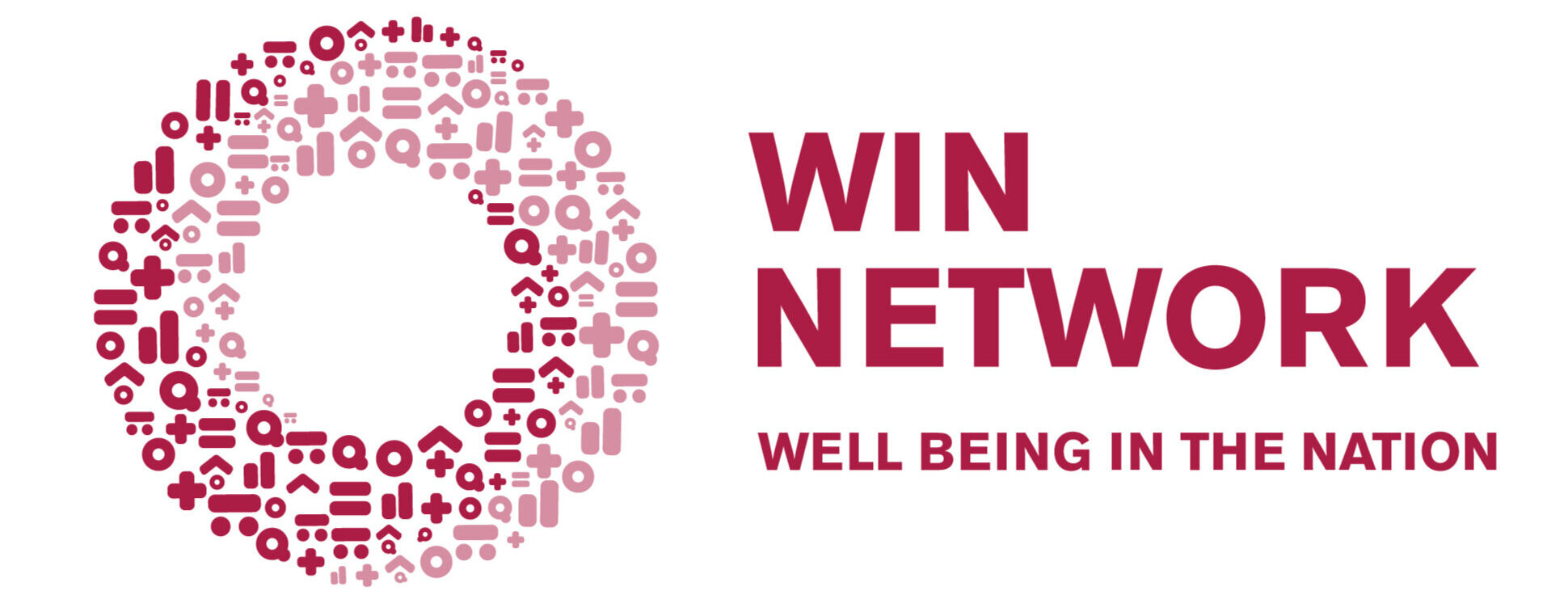➖
The U.S. tax system is one of the reasons we have increasing income inequality and a growing racial wealth gap. The majority of U.S. tax revenue comes from individual income taxes and corporate taxes. Overall, the federal tax system reduces income inequality. For example, people with higher incomes generally face higher tax rates. Decades of tax cuts, however, have lowered how much the wealthy and corporations contribute to the U.S. government. The decline in corporate tax rates explains why some of the richest households (the top 0.1%) have lower tax rates than typical taxpayers.
High-income individuals and families get more benefits and breaks in their taxes than others. Rules and loopholes that do not tax their wealth lead to these benefits. The United States does not have significant taxes on inheritances. This makes it easier for White people's higher wealth to be passed down through generations. The home-mortgage interest deduction favors White people who are more likely to own homes. The college-savings program also benefits White families who are more likely to save for and attend college.
While the federal tax system tends to reduce inequality, state and local taxes tend to increase it. The bottom 20% of households pay 11.4% of their incomes in state and local taxes, while the top 1% pay just 7.4%. About a third of taxes that U.S. residents pay are actually going to state and local governments.
These policies would help create a more equitable tax and regulatory system in the United States.

